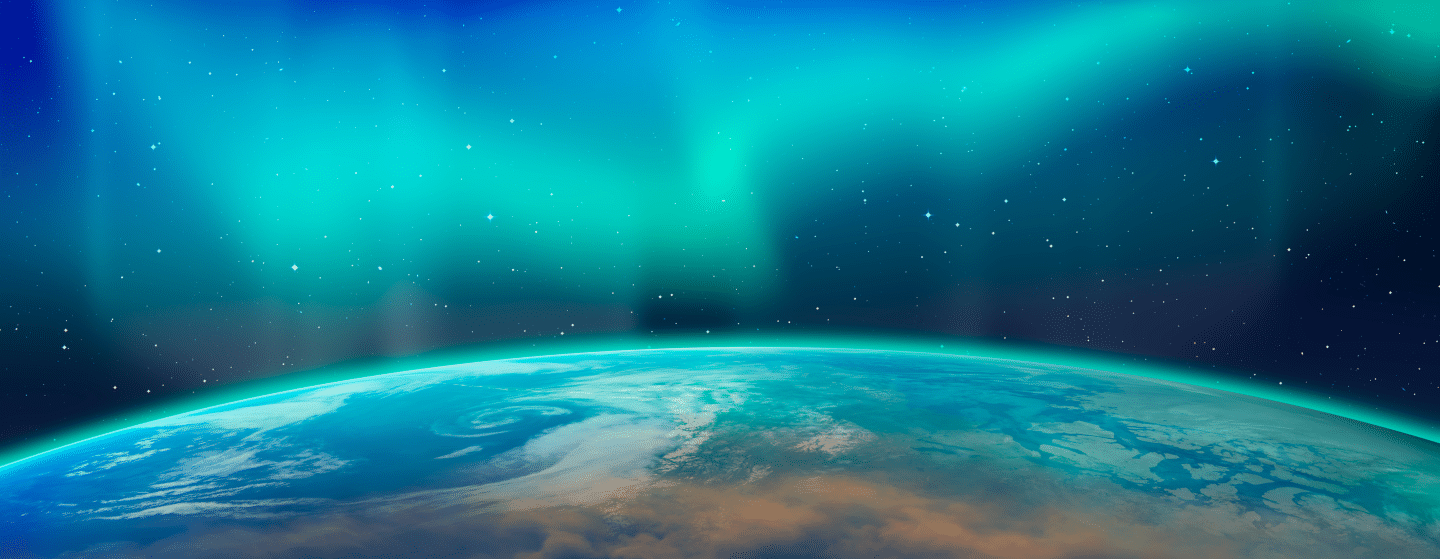
To watch as a 5-minute video
To listen as a 5-minute podcast
In today’s (Oct. 9, 2024) Atlantic Magazine article, “AI’s Penicillin and X-ray Moment”, by Matteo Wong, two scientists, John Hopfield and Geoffrey Hinton, received the Nobel Prize in Physics for laying the foundations for AI decades ago. Their research work, using “fundamental concepts from statistical physics to design artificial neural networks” that can “find patterns in large data sets”, has been applied in astrophysics, medical diagnosis, molecular biology, climate modeling, as well as in facial recognition, language translation, machine learning, etc., according to the announcement.
When one of the two newly anointed Nobel Laureates, Geoffrey Hinton, was asked by journalists following the announcement about Generative AI and ChatGPT, he said: “We have no experience of what it’s like to have things smarter than us”. Hinton has frequently voiced fears of an AI apocalypse.
The same AI doomerism has been shared by many, including Elon Musk and visionaries in the early stages of AI more than a decade ago.
I call it the “Oblivious Death” Syndrome, just like a frog dying in SLOW boiling water. The word “oblivious” means (1) lacking remembrance, memory, or mindful attention, and (2) lacking active conscious knowledge or awareness, per Merriam-Webster Dictionary.
We humans make sense and meaning of our relationship with our world by using our own experiences to ground reality. That has been the way to put us in touch with whatever it is that is apart from ourselves. Our attention acts as a filter in interpreting, understanding, and representing reality, as said by Iain McGilcrhist in his book “The Master and His Emissary”:
“It might turn out that for some purposes, those that are involved in making news of the world and manipulating it for our benefit, we need in fact to be quite selective about what we see. In other words, we might need to know what its use is to us, but this might be very different from understanding in a broader sense, and certainly might require some filtering out some aspects of experience. Without experiencing whatever it is, we would have nothing on which to ground our knowledge, so we have to experience it at some stage, but in order to know it, we have to process the experience.
“We have to be able to recognize, re-cognize what we experienced. To say this is a such and such, that is, it has certain qualities that enable me to place it in categories of things that I experienced before and about which I have certain beliefs and feelings. This processing eventually becomes so automatic that we do not so much experience the world as we experience our REPRESENTATION of the world. The world is no longer present to us, but RE-presented, a virtual world, a copy that exists in the conceptual form in the mind.“ The Master and His Emissary, by Iain McGilchrist, Chapter 2, Audible, Read by Dennis Kleinman. Emphasis added.
Perhaps THIS is what the Nobel Laureate is worried about? Is it the fear that humans, like frogs in slow-boiling water of AI convenience, eventually get so comfortable that they no longer can discern reality for themselves. By believing and using AI generated virtual reality, will humans not even have a re-presented reality based on first hand human experience?
AI increases both opportunities and the challenges to humanity, proportionately or disproportionately, in realms of judgment based on distorted, over-simplified or over complicated, misrepresented virtual realities, and consequential mental health ramifications.
Can humans jump out of the soothing, comfy AI water, without the benefit of any “remembrance, memory, or mindful attention”, or “active conscious knowledge or awareness” about the potential and realistic life threatening consequences of AI?
Let me quote again, what the Nobel Laureate Hinton said today: “We have no experience of what it’s like to have things smarter than us”.
Can we, or can we not, avoid our own “Oblivious Death”? – That is the question.
©Joanne Z. Tan all rights reserved.
Please don’t forget to like it, comment, or better, SHARE IT WITH OTHERS!
– To stay in the loop, subscribe to our Newsletter
– Download free Ebook
Please don’t forget to like it, comment, or better, SHARE IT WITH OTHERS, – they will be grateful!
(About 10 Plus Brand: In addition to the “whole 10 yards” of brand building, digital marketing, and content creation for business and personal brands. To contact us: 1-888-288-4533.)
– Visit our Websites:
Phone: 888-288-4533
– Find us online by clicking or follow these hashtags:
